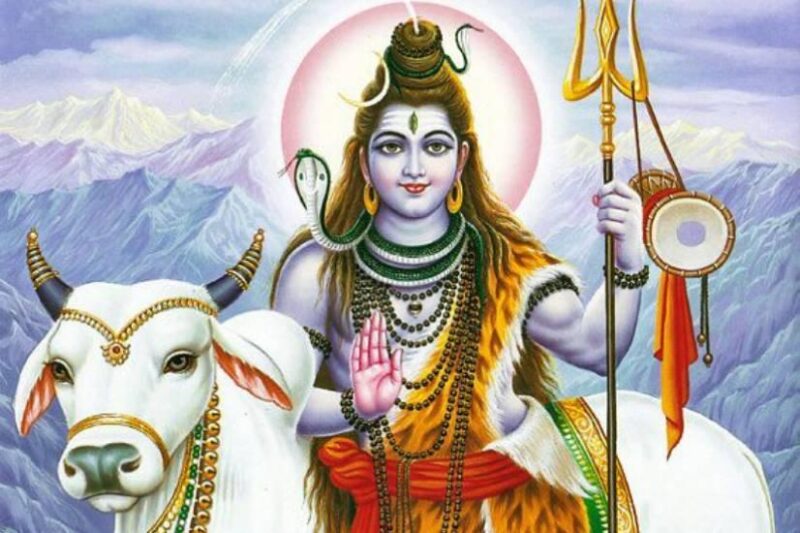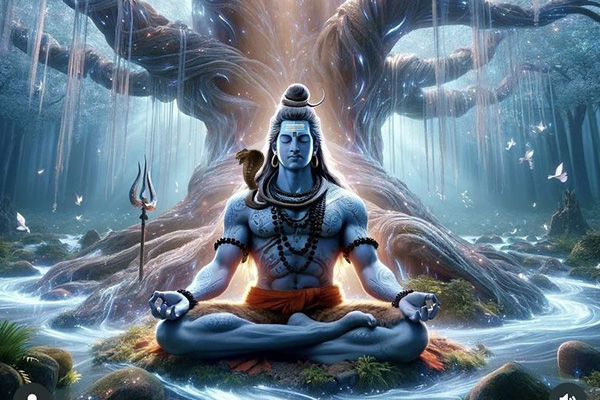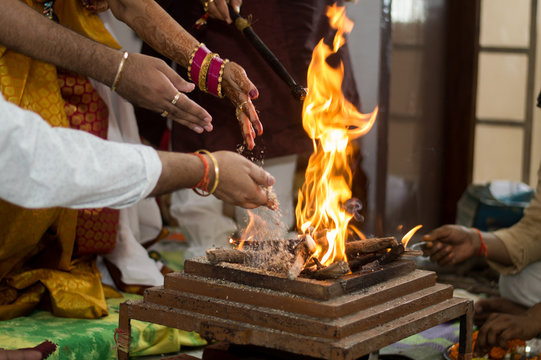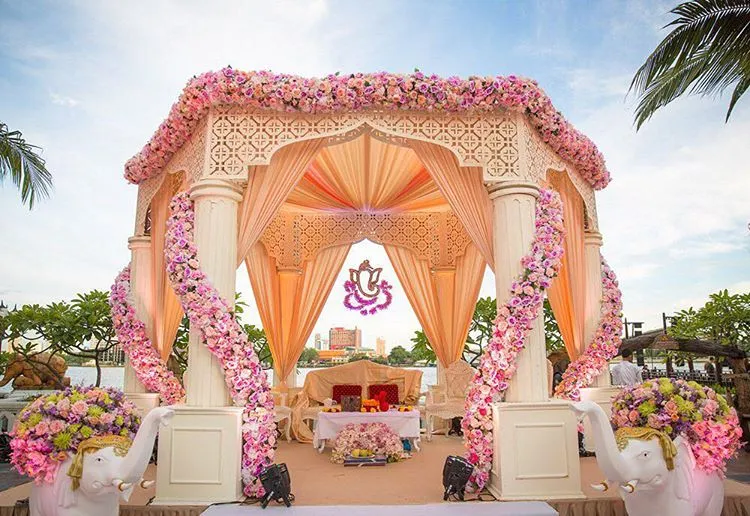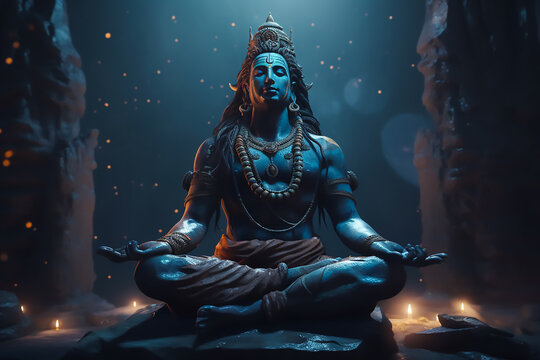what is puja in Hinduism?

what is puja in Hinduism?
In Hinduism, “puja” (also spelled “pooja” or “puja”) is a ritualistic worship or devotion conducted to honor and show reverence to deities, sacred beings, or the divine. Puja is a fundamental aspect of Hindu religious and spiritual practices and can be performed in various forms, from simple daily routines to elaborate ceremonies during festivals and special occasions.
what does puja mean?
The word “puja” (also spelled “pooja” or “puja”) is a Sanskrit term used in Hinduism to refer to ritualistic worship or devotional ceremony. Puja involves paying reverence and showing devotion to deities, sacred beings, or the divine. The term is derived from the Sanskrit word “pu” which means “to purify” and “ja” which means “born of” or “resulting from.” Therefore, “puja” can be understood as an act of purification and a means to connect with the divine.
Puja is a fundamental aspect of Hindu religious and spiritual practices and can take various forms, from simple daily routines to elaborate ceremonies during festivals and special occasions. It involves offering prayers, mantras, rituals, and offerings to seek blessings, guidance, and a deeper connection with the divine.
Generally In Hinduism for any puja they call a Hindu priest In Hinduism people believe that for puja only a Hindu priest has the right to perform pujas like a Hindu wedding, Satyanarayana katha, havan, or any astrology-related work.
In India or any country in Hinduism when people buy a home or new office they organize puja, Vastu, havan, or Satyanarayana Katha which is performed by a Hindu priest.

Calling a Hindu priest to conduct a puja can be beneficial for several reasons:
Knowledge and Expertise:
Hindu priests are trained and knowledgeable in Hindu scriptures, rituals, and traditions. They have a deep understanding of the correct procedures and mantras to be used during different pujas. Their(Hindu priest) expertise ensures that the puja is performed accurately and effectively.
Tradition and rituals:
Hinduism has a wide array of rituals and customs associated with pujas, and Hindu priests in London are well-versed in these traditions. They can guide individuals and families through the intricate details of the puja, ensuring that every aspect is conducted correctly.
Blessings and Prayers:
Hindu priests often offer special blessings and prayers during the puja. These blessings are believed to carry spiritual power and can be beneficial for the individuals and families participating in the ritual.
Sacred Environment:
Hindu Priests can create a sacred and serene environment for the puja. They often bring with them the necessary materials, such as idols, offerings, and sacred texts, and set up the space for worship. This ensures that the puja takes place in a pure and consecrated area.
Symbolic Representation:
Hindu Priests can help explain the symbolic representations and meanings of various elements used in the puja. This can enhance the understanding and devotion of those participating.
Language and Pronunciation:
Mantras and prayers in Hindu pujas are often in Sanskrit, and correct pronunciation is essential for their effectiveness. Hindu Priests are trained in proper pronunciation and can assist in reciting these sacred verses accurately.
Personal Guidance:
Hindu Priests can provide personal guidance and counseling related to the puja, as well as any specific concerns or questions individuals may have about their spiritual journey.
Time and Convenience:
Conducting a puja can be time-consuming and may require a lot of preparation. By hiring a Hindu priest, individuals can save time and energy, especially during important occasions or festivals when multiple pujas are performed.
Preservation of Tradition:
Engaging a Hindu priest helps in preserving and promoting the traditional aspects of Hindu worship. It ensures that rituals are conducted in accordance with time-honored practices.
It’s important to note that while many people choose to call a Hindu priest for pujas, there is no strict requirement to do so. Some individuals or families may prefer to perform pujas themselves, especially for daily rituals or simple ceremonies. The decision to call a Hindu priest or perform a puja independently is a matter of personal preference and the specific nature and significance of the puja being conducted.
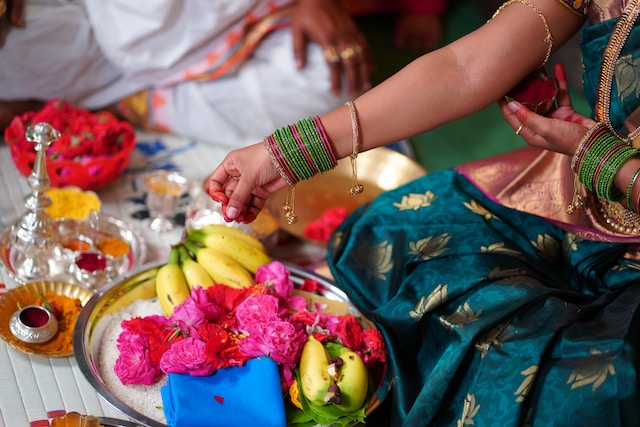
why is puja important?
Puja is important in Hinduism for several reasons, as it serves various spiritual, cultural, and social functions:
Spiritual Connection:
Puja is a means of establishing a direct and personal connection with the divine. It allows devotees to express their devotion, seek blessings, and deepen their spiritual connection with the gods and goddesses they worship.
Expression of Devotion:
Puja is a tangible way to express one’s devotion and reverence. By offering prayers, performing rituals, and making offerings, individuals show their commitment and dedication to the divine.
Spiritual Growth:
Regular participation in puja can aid in one’s spiritual growth and self-realization. It provides an opportunity for introspection, self-improvement, and inner peace.
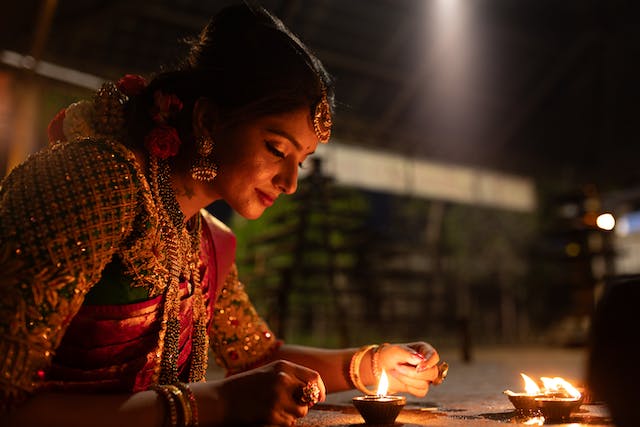
Cultural Identity:
Puja plays a significant role in preserving and celebrating cultural and religious traditions. It is an integral part of Hindu culture and identity, helping to pass down rituals and practices from one generation to the next.
Family and Community Bonds:
Puja often involves family and community participation. It can be a communal activity that brings families and communities together for worship, fostering social bonds and a sense of unity.
Guidance and Blessings:
Devotees seek guidance and blessings from the deities during puja. Many believe that through these rituals, they can receive divine protection, guidance in their lives, and blessings for their well-being.
Moral and Ethical Values:
Puja often includes the recitation of sacred texts and teachings, which reinforce moral and ethical values. It serves as a reminder of one’s duties and responsibilities in life.
Peace and Mental Well-being:
The practice of puja can have a calming and meditative effect, promoting mental well-being and reducing stress. It provides a sense of inner peace and serenity.
Fulfillment of Desires:
Some people perform specific pujas to fulfill particular desires or goals, such as health, success, or prosperity. These pujas are often conducted with the belief that the divine can intercede on their behalf.
Celebration of Festivals:
Pujas are an integral part of Hindu festivals, and they play a crucial role in celebrating these occasions. Festive pujas are often elaborate and grand, bringing communities together in joyful celebration.
Ritual Purification:
Puja involves the purification of the worship area, the self, and the offerings. This act of purification is seen as a means of cleansing the mind, body, and spirit.
puja is important in Hinduism as it serves as a profound way to connect with the divine, express devotion, and uphold cultural and religious traditions. It encompasses spiritual, emotional, and social aspects of the worshipper’s life, making it a central practice in the lives of many Hindus.
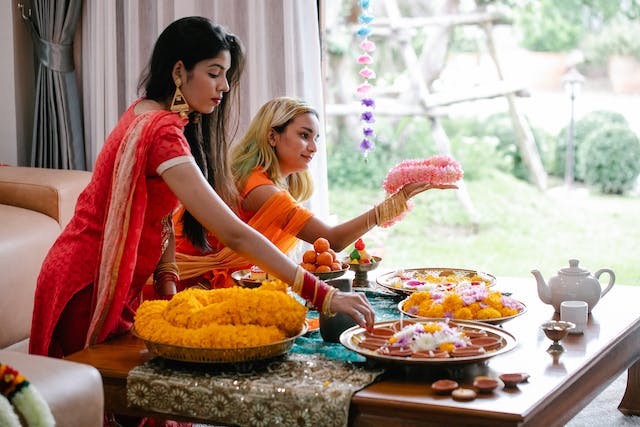
Key elements of a puja typically include the following:
Deity or Object of Worship:
Puja may be directed towards a specific deity or a sacred object, such as an idol, image, or symbol representing the divine. Commonly worshiped deities in Hinduism include Lord Shiva, Lord Vishnu, Goddess Durga, Lord Ganesha, and many others.
Preparation:
Before the puja begins, the worshipper cleans themselves and the worship area. This is done to create a sacred and pure environment for the ritual. for proper puja you can call a Hindu priest, A Hindu priest has experience in doing this puja, mantras, and rituals.
Offerings:
During the puja, various offerings are made to the deity. These offerings can include flowers, incense, lamps, fruits, sweets, and water. These items are seen as symbols of devotion and respect.
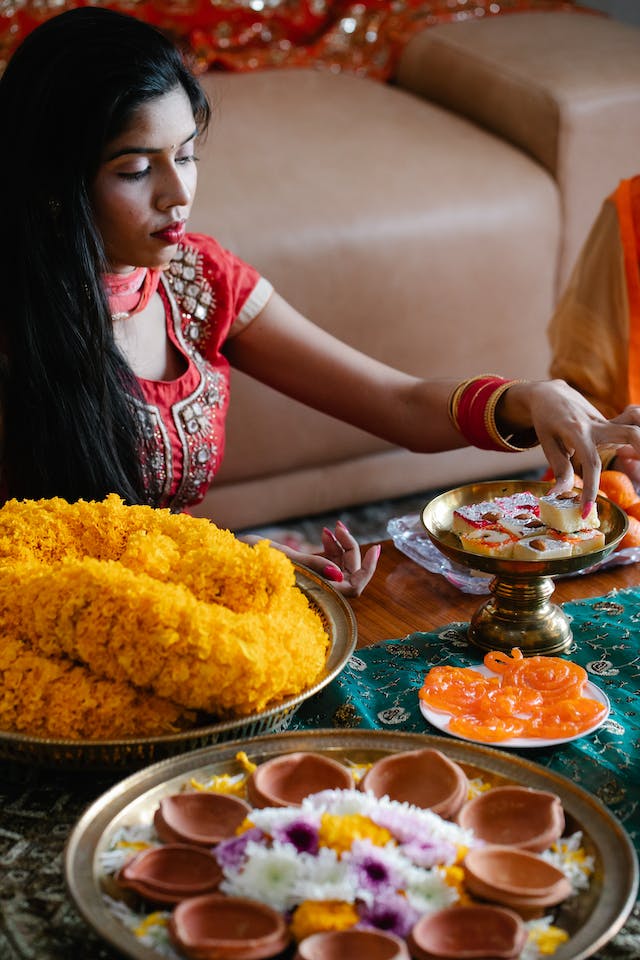
Mantras and Prayers:
Devotees chant specific mantras and recite prayers, which are often written in sacred texts, to invoke the blessings of the deity and seek divine guidance.
Aarti:
Aarti is the waving of a lamp or lighted incense in front of the deity. This is a symbolic gesture of reverence and the dispelling of darkness.
Bhajans and Kirtans:
Devotional songs and music are often a part of the puja, adding a spiritual and emotional dimension to the worship.
Meditation:
In some pujas, meditation and silent reflection may be incorporated to establish a deeper connection with the divine.
The form and complexity of a puja can vary greatly, depending on the purpose and the devotee’s personal or cultural traditions. While some people perform daily pujas at home, others may visit temples for more elaborate ceremonies, especially during major festivals.
Puja serves as a means of expressing devotion, seeking blessings, and fostering a connection with the divine. It plays a significant role in the spiritual and cultural life of Hindus and is considered an integral part of their religious practice.
